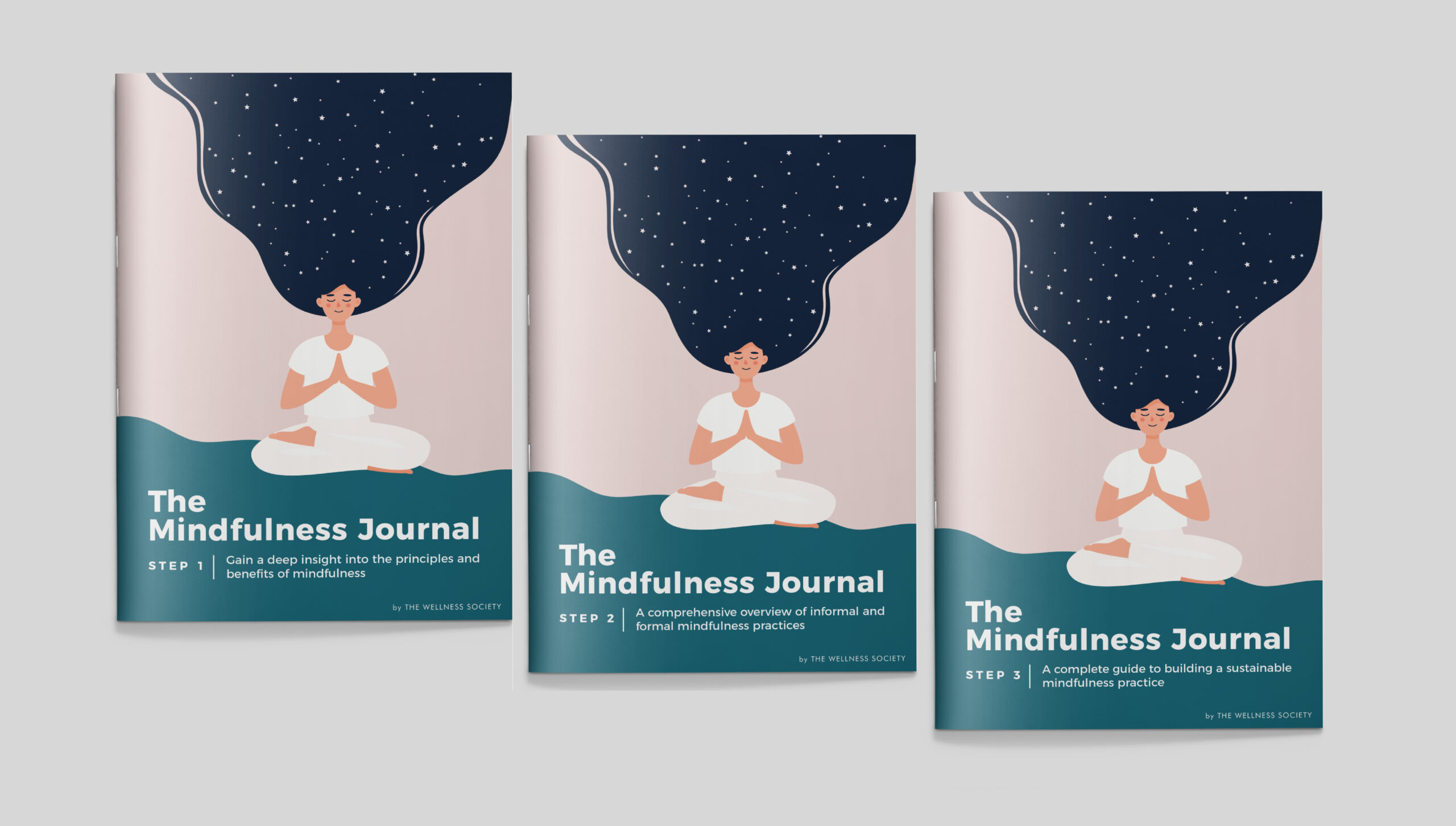People with high levels of food noise (a.k.a. food-related intrusive thoughts, FRITs) experience persistent intrusive thoughts about food.
This could involve thinking about food constantly (particularly ultra-processed foods) or fixating on what your next meal will be.
To understand how to stop food noise, let’s first explore what causes it in the first place.
What Causes Food Noise?
- Ultra-processed foods. Consuming high levels of ultra-processed foods (UPF) can lead to the brain continually seeking out the familiar sense of reward these foods provide. The hyper-palatability of these foods triggers the brain's reward system and reinforces the desire for more of the same, which contributes to persistent thoughts about food.
- Habitual patterns. Over time, habitual eating patterns condition the brain to think about food in response to certain triggers, a.k.a the habit loop.
- Poor mental wellbeing. High levels of stress and anxiety can trigger intrusive thoughts about food as your brain encourages you to seek comfort or distraction.
- Dieting and food restriction. Food deprivation can increase food noise due to the body's natural response to perceived scarcity.
- Hunger and nutrient deficiency. When the body is genuinely hungry or lacks specific nutrients, it may generate thoughts about food to signal the need for nourishment.
8 Ways to Stop Food Noise
With the above causes in mind, here are eight ways to stop food noise naturally:
- Reduce your intake of UPF. Identify the top UPF foods in your diet. Keep healthy snacks visible and easily accessible to reduce the likelihood of reaching for UPF.
- Analyse your UPF triggers. Are you prone to snacking while watching TV? When you’re bored? When you’ve had a stressful day at work? Becoming more mindful of your triggers is a crucial step towards developing healthier eating habits.
- Develop your mindfulness skills. These skills help you notice food-related intrusive thoughts without getting carried away by them. In addition, mindfulness can help you reduce stress and anxiety, another underlying cause of high levels of food noise.
- Use cognitive defusion techniques. In addition to mindfulness, there are a range of other therapy techniques you can use to take control of your mind (as outlined in The Thinking Slow Method).
- Eat a well-balanced diet. Eat in a way that meets your nutritional needs. Explore and discover nutritional foods that you enjoy. Have a blood test to check your nutritional profile and identify any deficiencies that need to be addressed through diet or supplements.
- Eat regular, balanced meals. Maintaining stable blood sugar levels can help reduce constant thoughts about food. Regular meals help maintain steady glucose levels, preventing the sharp peaks and troughs that can lead to feelings of fatigue, irritability, and increased hunger.
- Avoid strict food restrictions. Establish achievable, flexible goals for healthy eating. Research indicates that when people try to suppress thoughts about certain foods, they often end up fixating on them more, leading to overeating once they finally allow themselves to indulge. Flexible goals prevent this by allowing all foods in moderation. Rather than banning your favourite types of UPF, enjoy them in smaller portions. This allows for indulgence without overconsumption. In addition, recognise that social events often involve UPF and allow for flexibility during these times. Enjoy the occasion without guilt and return to your healthy habits afterward.
- Prioritise sleep. Ensure you’re getting enough sleep, as sleep deprivation can lead to poor mental wellbeing and increase food noise. Lack of sleep disrupts various physiological and psychological processes, leading to increased hunger, cravings, and a higher propensity for making unhealthy food choices.
Summary
"Food noise" refers to the constant thoughts and preoccupation with food. It’s caused by eating a high amount of UPF, habitual patterns, poor mental wellbeing, dieting and food restrictions, and nutrient deficiencies. We hope this article outlining eight ways to address these underlying factors can help you develop a healthier relationship with food.
Want Practical Tools for Reducing Food Noise?
The Mindfulness Journal can help you improve your mindfulness skills, practice mindful eating, and reduce emotional eating.




